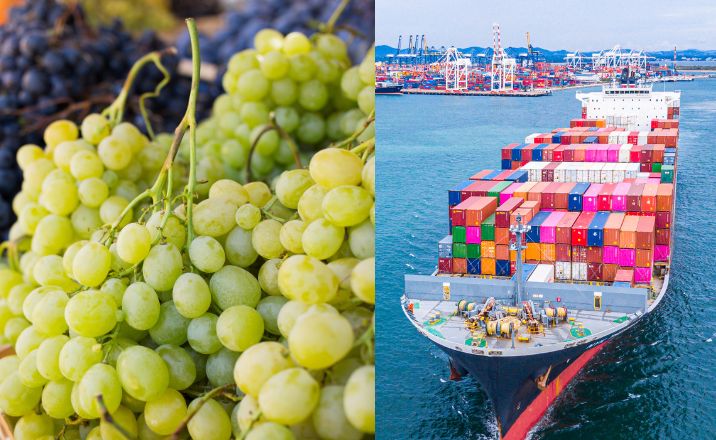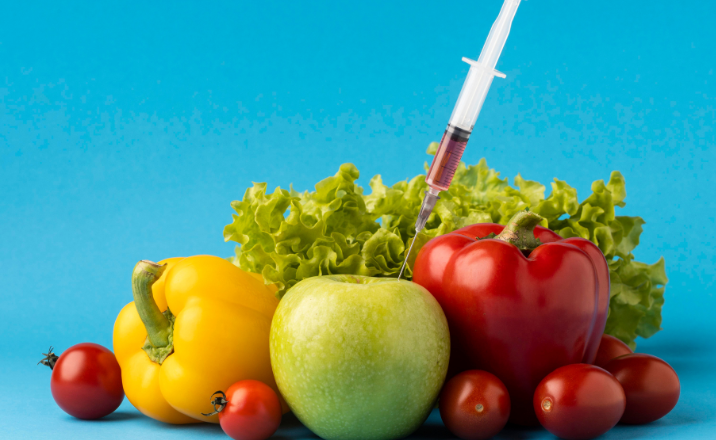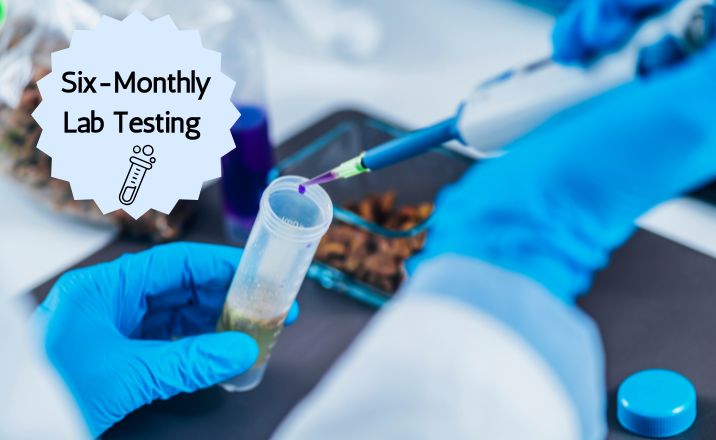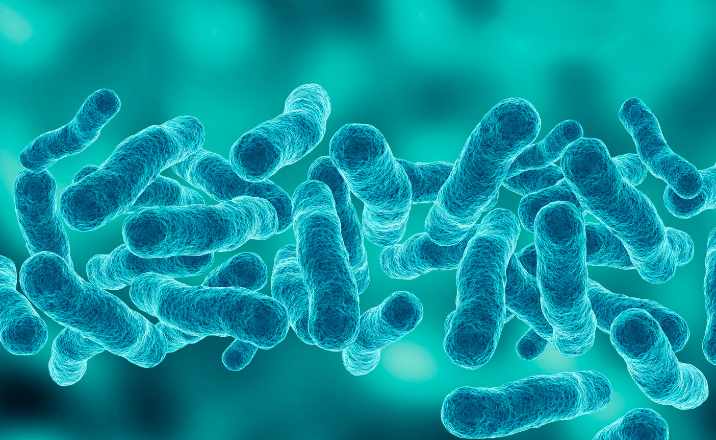Taste the Difference: How Tea Testing Labs Elevate Quality for Tea Export!
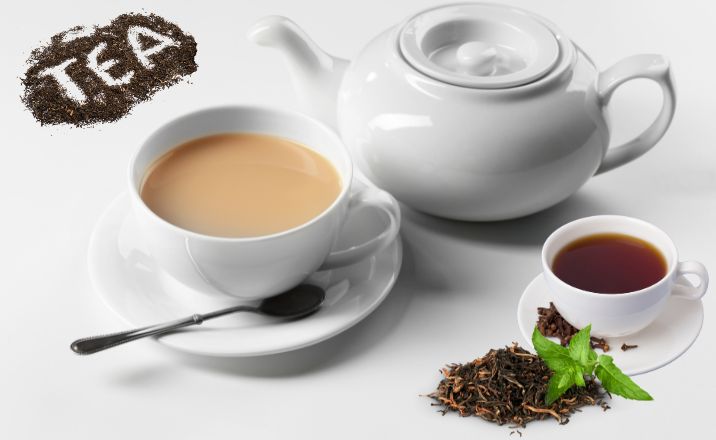
Tea testing labs play a crucial role in ensuring the quality of one of the oldest and most cherished beverages worldwide: tea. India stands as one of the largest producers of tea, which is not only a staple in Indian households but also a significant export commodity. India ranks among the top five tea exporters, contributing to about 10% of the total global tea exports. The country ships tea to more than 25 nations, with major importers including Russia, Iran, the UAE, the USA, the UK, Germany, and China.
Grown on the mountainous terrains of regions like Assam, Darjeeling, and Nilgiri, tea requires a specific climate and geography for optimal cultivation. Each tea producing area in India provides a unique environment, resulting in teas with distinct flavors, textures, colors, and aromas. With nearly 70% of Indian tea consumed domestically, maintaining its quality is essential for both local enjoyment and global trade. This is where rigorous tea testing comes into play. In this blog, we will explore the importance of tea testing in ensuring the quality and safety of Indian tea, the various methods employed in the testing process, and how these practices help in maintaining the high standards expected by both domestic and international consumers.
The Rich Diversity of Indian Tea
India’s diverse climate and geography allow for the cultivation of a variety of teas, each with unique characteristics. Some of the popular types of tea produced in India include:
- Green Tea: Known for its health benefits and delicate flavor.
- Black Tea: The most commonly consumed tea, recognized for its robust flavor and deep color.
- Herbal Tea: Made from a blend of herbs, spices, and other plant materials, offering various health benefits.
- Oolong Tea: A partially fermented tea that combines the qualities of black and green tea.
- White Tea: A minimally processed tea known for its subtle flavor and high antioxidant content.
Why is tea testing important?
Tea testing is a multifaceted process designed to ensure the quality, safety, and authenticity of tea and tea products. Given the vast domestic consumption and the international demand for Indian tea, maintaining high standards is crucial. Tea testing serves several critical purposes:
- Safety Assurance: Identifying harmful contaminants such as pesticides, heavy metals, and mycotoxins to protect consumer health.
- Quality Control: Evaluating tea’s flavor, aroma, appearance, and texture to meet consumer expectations and maintain brand reputation.
- Regulatory Compliance: Ensuring that tea products comply with national and international regulatory standards, such as those set by the Food Safety and Standards Authority of India (FSSAI) and the Tea Board of India.
Other crucial reasons for the importance of tea quality testing and analysis include:
- Enhancing Brand Reputation: Building consumer trust by consistently delivering high-quality products.
- Boosting Exports: Meeting the quality standards of importing countries to enhance export potential.
- Retaining Customers: Delivering consistently high-quality tea to retain customer loyalty.
- Continuous Improvement: Improving production processes through regular quality assessments.
What are the key parameters tested in tea?
Several critical parameters are analyzed during tea testing to ensure the product’s safety and quality. These include:
- Chemical Analysis: Testing for pesticide residues, heavy metals (like lead, arsenic, and cadmium), and other chemical contaminants.
- Microbiological Analysis: Detecting microbial contaminants like bacteria, yeast, and molds that can affect tea’s safety and shelf life, including specific pathogens such as Salmonella spp., Escherichia coli, and Enterobacteriaceae.
- Physical and Sensory Analysis: Evaluating the physical characteristics of tea such as moisture content, color, and particle size, along with sensory attributes like flavor and aroma.
- Authenticity Testing: Verifying the authenticity of tea ingredients to prevent adulteration and ensure that the product matches its labeling claims.
Common Pesticides Found in Tea
Routine surveillance and testing of tea often reveal residues of the following pesticides – DDT, endosulfan, chlorpyrifos, quinalphos, cypermethrin, acephate, and imidacloprid.
Regular testing ensures that residue levels remain within permissible limits defined by FSSAI and Codex Alimentarius. The presence of unauthorized or excessive pesticide residues can lead to rejection in export markets and pose health risks to consumers.
Mandatory Six-Monthly Testing as per FSSAI Guidelines
As per the guidelines laid out by the Food Safety and Standards Authority of India (FSSAI), all licensed Food Business Operators (FBOs) are required to test their food products at least once every six months. This includes tea and tea-based products, which must be tested for key contaminants such as pesticide residues, heavy metals, and microbial presence.
This six-monthly testing mandate is part of Schedule 4 of the Food Safety and Standards (Licensing and Registration of Food Businesses) Regulations, and must be carried out through NABL-accredited laboratories.
Regulatory Framework for Tea Testing in India
In India, the tea industry is regulated by several bodies to ensure the quality and safety of tea products:
Food Safety and Standards Authority of India (FSSAI):
- FSSAI sets standards for food safety and regulates the tea industry through guidelines on permissible limits of contaminants, labeling requirements, and quality parameters. Key regulations include:
- FSSAI provides a comprehensive compendium detailing the standards for tea and tea products (1). This compendium outlines:
- Definitions and categories of tea (e.g., black tea, green tea, instant tea, Kangra tea)
- Permitted and prohibited additives
- Maximum Residue Limits (MRLs) for pesticides and heavy metals
- Physical and chemical standards
- Standardized test methods for parameters like moisture content, total ash, caffeine, catechins, and presence of adulterants
Tea Board of India:
- The Tea Board of India, established under the Tea Act of 1953, is the apex body responsible for the development and promotion of the tea industry in India. It oversees various aspects, including production, certification, export, and quality control.The Board issues various guidelines and control orders covering:
- Licensing of tea manufacturing units
- Registration requirements for flavored tea manufacturers
- Export regulations and quality control
- Marketing and distribution controls
- Specifications for different tea types and grades
Comprehensive Tea Testing at Envirocare Labs
At Envirocare Labs, we understand the critical importance of ensuring that tea and tea products meet the highest standards of quality and safety. Our state-of-the-art laboratories are equipped with advanced testing equipment and staffed by a team of experienced scientists and technicians. We offer a comprehensive range of testing services for tea and tea products, including Pesticide Residue Testing, Heavy Metal Analysis, Microbiological Testing, Physical and Chemical Analysis and Sensory Evaluation.
Partner with Envirocare Labs to ensure your tea products meet the highest standards of safety and quality. Contact us today to learn more about our comprehensive tea testing services and how we can assist you in maintaining your brand’s reputation and consumer trust.
Reference:
- https://fssai.gov.in/upload/uploadfiles/files/Chapter%202_10_BEVERAGES_Other_than_Dairy_and_Fruits_Vegetables_based.pdf
- https://www.teaboard.gov.in/

